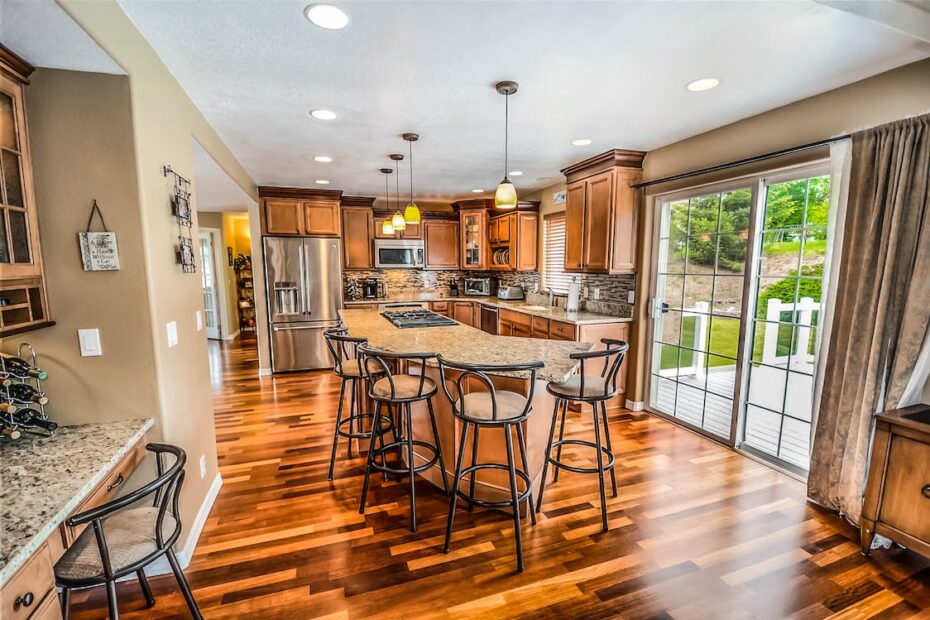When it comes to purchasing a property, whether it be a Vinton condominium or a single-family home, it is essential to understand the unique insurance needs that each type of dwelling requires. While both options provide a place to call home, their differences in structure, ownership, and liability necessitate distinct insurance coverage. In this article, we will explore the contrasting insurance requirements for Vinton condos and single-family homes, helping potential homeowners make informed decisions.
Structure and Ownership:
One of the primary distinctions between Vinton condos and single-family homes lies in their structure and ownership. Single-family homes feature a stand-alone structure, usually with a yard, while condos are typically part of a larger complex. In a condo, individual owners own their units, but they share ownership of common areas such as lobbies, hallways, and amenities with other residents.
Insurance Needs for Vinton Condos:
Condo owners need to secure two types of insurance coverage: individual unit coverage and master policy coverage. Individual unit coverage, known as HO-6 insurance, protects the owner’s personal belongings, interior walls, and liability within their unit. It also covers any necessary upgrades or renovations made by the owner. Master policy coverage, on the other hand, is obtained by the condo association and provides coverage for common areas and shared structures, such as the building’s exterior, roofs, and elevators. It is crucial for condo owners to review the master policy to determine what is covered and what additional coverage they need to secure.
Insurance Needs for Single-Family Homes:
Unlike condos, single-family homes require a different type of insurance coverage known as homeowners insurance or HO-3 insurance. This policy provides coverage for the structure itself, personal belongings, liability, and additional living expenses in case the home becomes uninhabitable due to a covered event. It is essential for homeowners to assess the value of their possessions and the cost of rebuilding their property to ensure adequate coverage.
Liability Coverage:
Both condo owners and single-family homeowners should also consider liability coverage. Condo owners may benefit from personal liability coverage for incidents occurring within their unit, while single-family homeowners may opt for a higher liability coverage as they assume responsibility for the entire property. Liability coverage protects against lawsuits resulting from accidents or injuries that occur on the property.
Conclusion:
When it comes to insurance needs, Vinton condos and single-family homes have distinct requirements due to their structural differences, ownership models, and liability considerations. Understanding these variations is crucial for potential homeowners to make informed choices and ensure their properties are adequately covered. Consulting with insurance professionals who specialize in these areas can provide invaluable guidance, ensuring that homeowners have the appropriate coverage to protect their investments and provide peace of mind.
